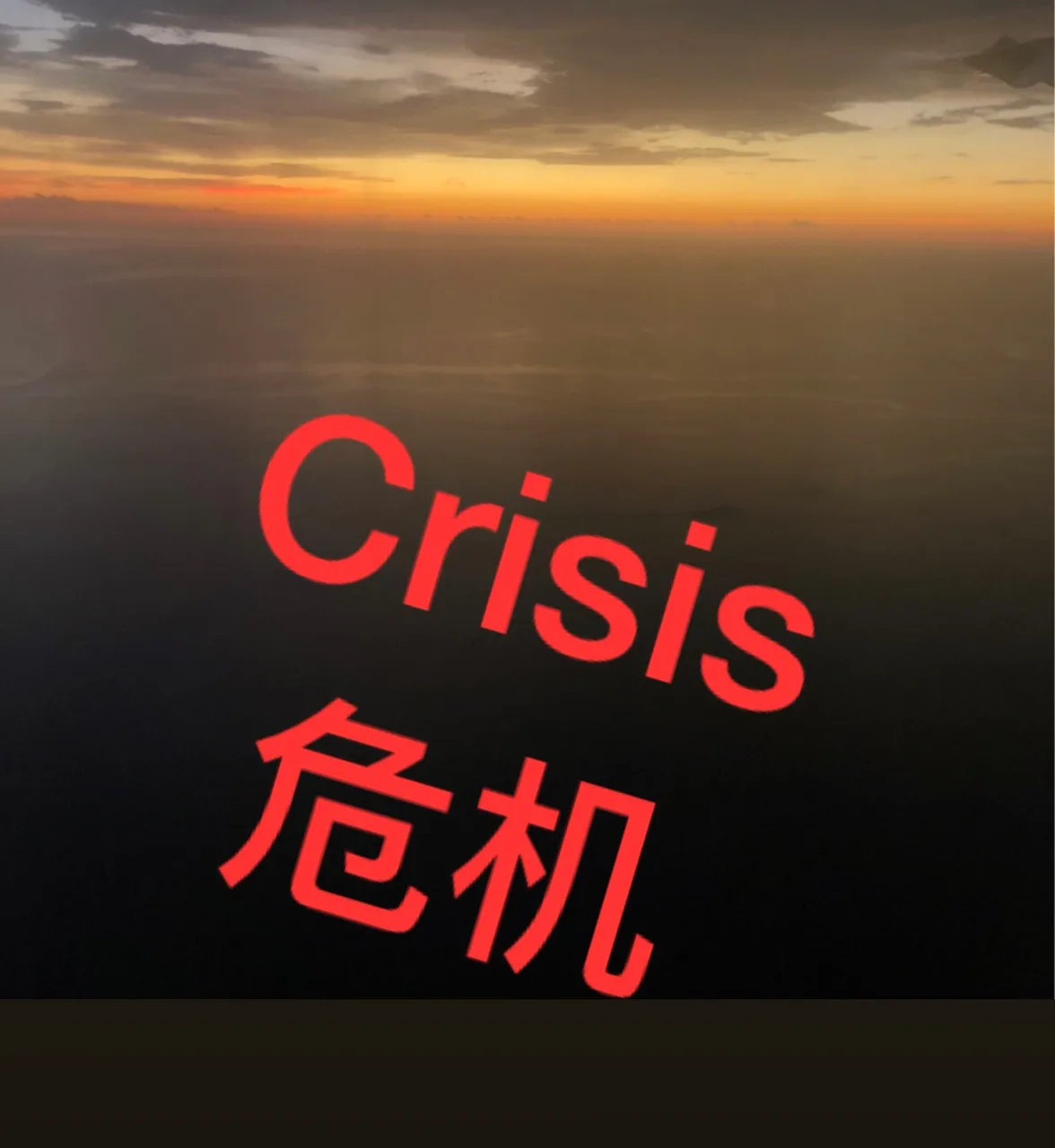There are times in life a critical decision is needed in view of the challenge facing us. How should we make a critical decision?
First, it is better to be optimistic than pessimistic. Being pessimistic, we may be paralysed by the scenario and become indecisive. But being optimistic, we are prepared to find a viable solution. Indeed, the word “critical” is derived from “crisis”, which means “risky opportunity”. It implies there is opportunity in a critical time.
Second, it is vital to be responsive than reactive. Crisis may have happened suddenly and taken us by surprise. We may react initially. But we should try to calm down ourselves to figure out an appropriate response. When we have calmed down and be more objective, the situation may not be as desperate as we initially felt.
Third, it is better to look for trustworthy help than solely rely on yourself. Even though help may not readily accessible, some people may choose to pray for divine intervention. In fact miracles did happen in the past which are incomprehensible to human mind.

人生中難免有时会面臨挑战,而必须作出关键性决定。我们要如何作关键性决定呢?
首先,乐观比悲观会更好。假如悲观,我们可能会因为情况而瘫痪,变得优柔寡断。但是,采取乐观的态度,我们会赏试寻找解决之道。事实上,“关键” 之英文用词源自“危机”,意思是“危险的机会”。这意味着在关键时刻有机会。
其次,回应比反应更为重要。危机可能是突然发生,也是出乎我们意料之外。其初我们可能是反应,但是我们接着要保持冷静,尝试找出适当的回应。当我们能夠冷静並比较客观的时候,情况可能不会像我们最初感受到的那样绝望。
第三,找寻可靠的幫助比单靠自己会更好。尽管帮助可能不容易获得,但有些人则可能会选择祷告寻求神的介入。而在过去,确实发生过人类不能完全理解的神迹。